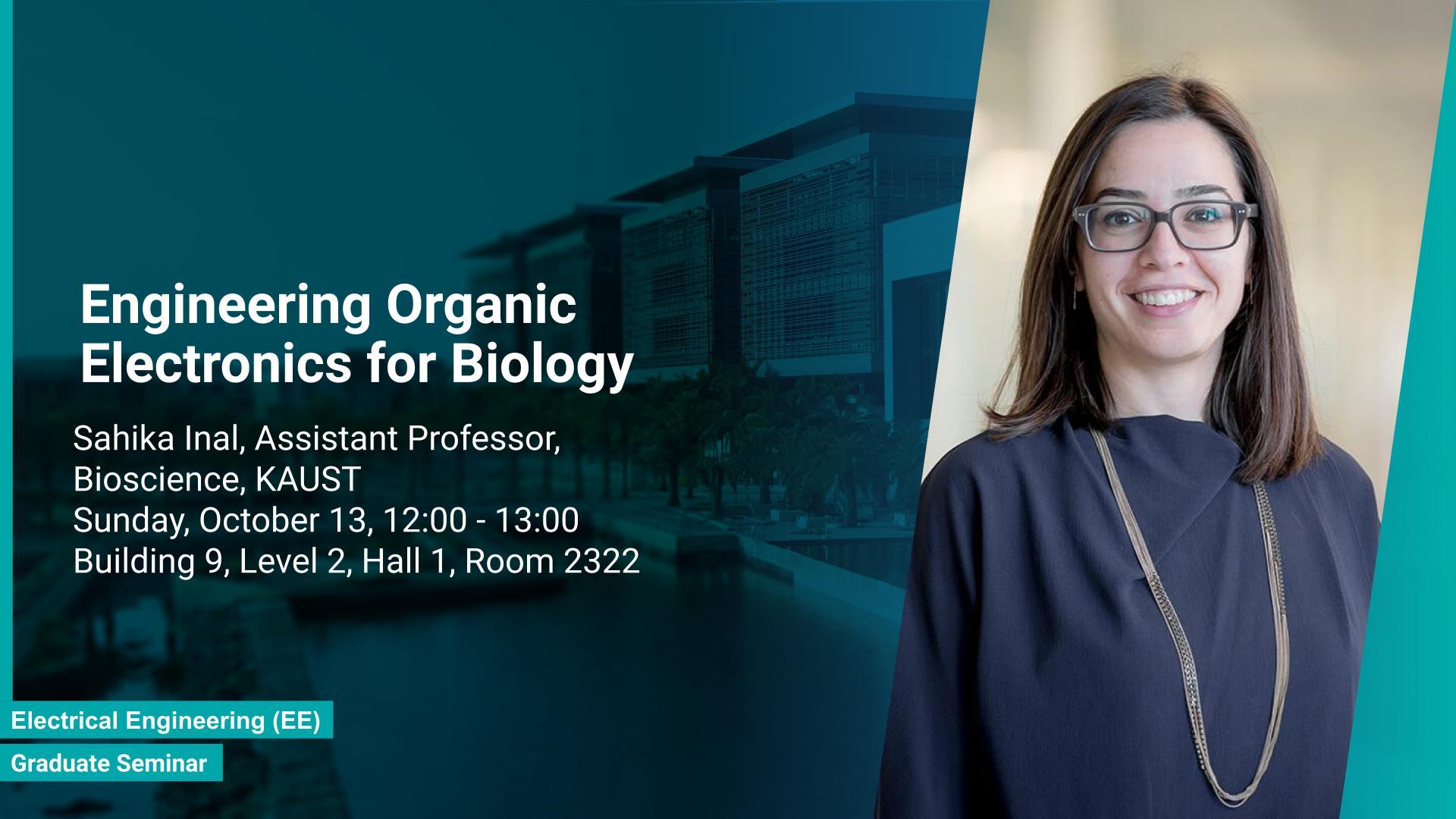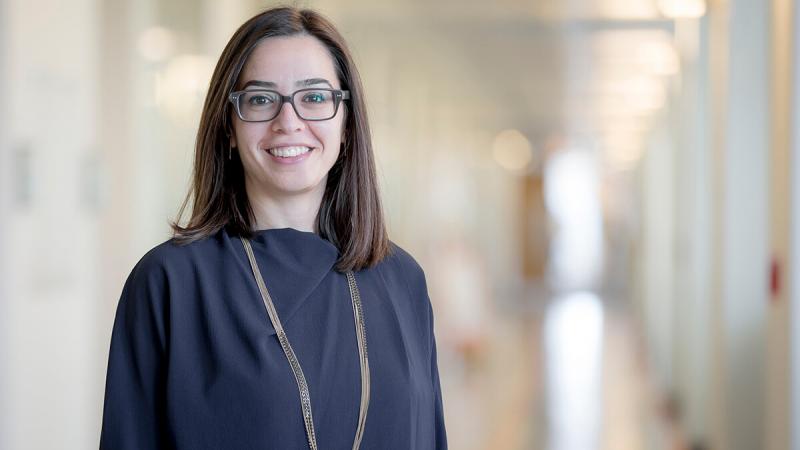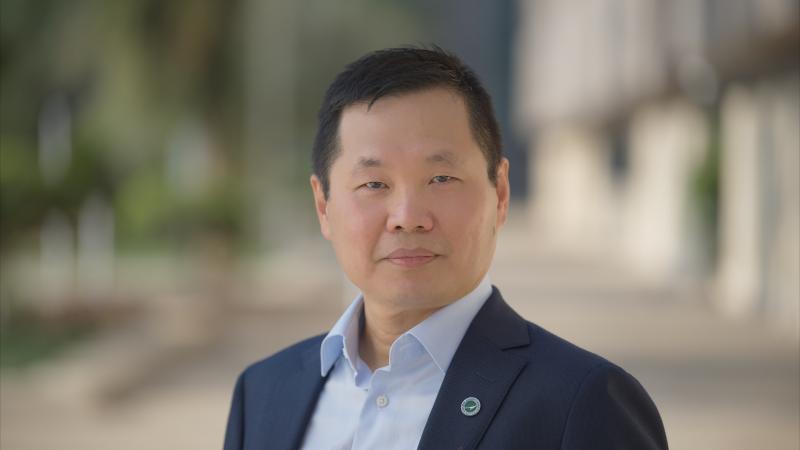Event Start
Event End
Location
Abstract
The field of bioelectronics combines the worlds of electronics and biology with the aim of developing new tools for biomedical research and healthcare. The majority of implantable devices are mechanically stiff and the mechanical properties mismatch with soft tissue causes an immune response which results in their rejection from the body. Another limitation is associated with the fact that most devices utilize metal electrodes to record from/stimulate tissue. These electrodes offer limited coupling with ion fluxes used by cells to communicate with each other, resulting in low efficiency. Such challenges can be overcome with the integration of soft, conducting polymers displaying mixed (ionic and electronic) conduction. In this talk, I will present approaches that leverage the properties of organic conducting materials in order to develop bioelectronic devices interfacing with the body. These devices include organic electrochemical transistors for measuring metabolites, neural activity and integrity of cellular layers.
Brief Biography
Dr. Sahika Inal is an Assistant Professor of Bioscience with affiliations in Electrical Engineering and Materials Science and Engineering at King Abdullah University of Science and Technology (KAUST). Prior to joining KAUST, she was a postdoctoral fellow in the Department of Bioelectronics at the Center of Microelectronics of Provence of the Ecole Nationale Supérieure des Mines de Saint-Étienne (Gardanne, France). She received her B.Sc. degree in Textile Engineering from Istanbul Technical University (2007, Istanbul, Turkey), her M.Sc. in Polymer Science and Ph.D. in Experimental Physics from the University of Potsdam (2013, Potsdam, Germany). Her M.Sc. work dealt with the optical processes in organic solar cells comprising small molecule acceptors. During her doctoral studies, she developed phase transition polymer/conjugated polyelectrolyte based optical sensors for autonomous detection of pathogens. Her expertise is in polymer science and bioelectronic devices, particularly in the photophysics of conjugated polymers, characterization of polymer thin films and the design of biosensors and actuators. She investigates ion/electron conduction in organic electronic materials and designs bioelectronic devices that can record/stimulate biological signals. She leads the Organic Bioelectronics group at KAUST.


